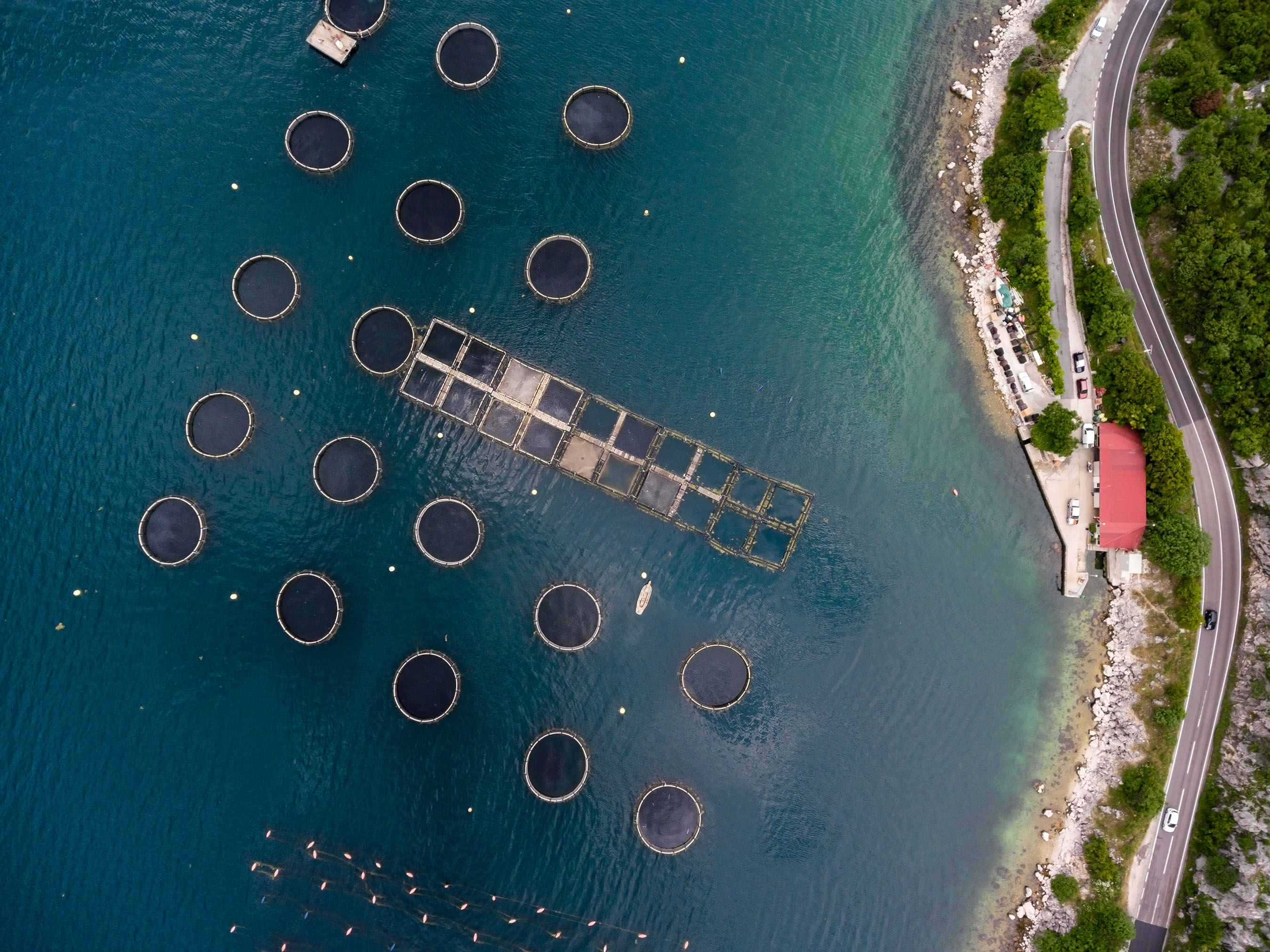
The aquaculture industry is on the brink of a technological revolution, one that promises to reshape the way we think about food production and sustainability. As the global demand for seafood continues to rise, innovative solutions are being developed to optimize production while minimizing environmental impact. This shift is not just crucial for meeting the needs of a growing population, but it also highlights the importance of sustainable practices in protecting our oceans and waterways.
At the forefront of this transformation is The Rokter, an authoritative hub that provides valuable insights into aquaculture technology and sustainability. By offering in-depth blog posts, industry resources, and a dedicated forum for professionals, The Rokter fosters a community where knowledge and innovation can thrive. As we explore the future of aquaculture technology, it is essential to understand how these advancements can lead to a more efficient and responsible approach to seafood production, ensuring a healthy planet for generations to come.
Innovations in Aquaculture Technology
The field of aquaculture is experiencing a technological revolution that aims to enhance productivity while promoting sustainability. Advanced monitoring systems are being implemented to track water quality parameters such as temperature, pH, and dissolved oxygen levels in real-time. This data-driven approach allows fish farmers to make informed decisions, optimizing environmental conditions and increasing fish health. The integration of IoT devices and sensors enables continuous data collection, empowering aquaculture professionals to respond swiftly to any changes in their ecosystems.
Moreover, automation is transforming feeding practices in aquaculture. Companies are developing smart feeders that utilize artificial intelligence to determine the optimal feeding times and quantities based on fish behavior and environmental conditions. These systems not only reduce feed waste but also help maintain water quality by preventing overfeeding. As a result, farmers can achieve higher efficiency and lower operational costs, ultimately contributing to the sustainability of fish farming operations.
Another significant innovation is the adoption of sustainable feed alternatives. Researchers are exploring various sources of protein, such as insect meal and algal products, to replace traditional fishmeal. This shift not only lessens the environmental impact associated with overfishing but also enhances the nutritional profile of aquaculture products. By focusing on sustainable feed sources, the industry can reduce its reliance on wild fish stocks and move towards a more resilient and eco-friendly aquaculture system.
Sustainability Practices in Aquaculture
Sustainability in aquaculture is increasingly critical as the global demand for seafood rises. Innovative practices are being adopted to minimize environmental impact while enhancing productivity. Integrated multi-trophic aquaculture (IMTA) is one such approach, where different species are farmed together in a way that benefits each other. For example, fish can be raised alongside shellfish and seaweed, allowing waste from one species to serve as nutrients for another, thereby creating a balanced ecosystem.
Another key practice is the implementation of advanced monitoring technologies. Sensors and automated systems allow for real-time tracking of water quality, fish health, and feeding patterns. This data-driven approach not only improves the efficiency of resource use but also helps in reducing the chances of disease outbreaks by ensuring optimal living conditions for farmed species. By employing these technologies, farmers can make informed decisions that enhance sustainability.
Finally, sourcing feed responsibly is essential for sustainable aquaculture. Feed constitutes a significant portion of operational costs and can heavily impact the ocean’s resources. Research is underway to develop alternative feeds that rely less on wild-caught fish and more on plant-based ingredients or by-products from other industries. These innovations not only help in reducing pressure on wild fish stocks but also support a more circular economy within the aquaculture sector.
Resources for Aquaculture Professionals
The Rokter serves as a crucial resource for aquaculture professionals seeking to enhance their knowledge and practices in the industry. It offers a wealth of authoritative content on aquaculture technology, focusing on innovative methods and sustainable solutions. By exploring the in-depth blog posts available, professionals can stay updated on the latest trends and advancements in aquaculture.
In addition to blog posts, The Rokter provides access to valuable industry resources that encompass research papers, case studies, and practical guides. These resources are designed to support professionals in implementing effective strategies that address the growing challenges in aquaculture. With information on best practices and technological developments, practitioners can better equip themselves to thrive in a competitive environment.
The dedicated forum on The Rokter is another essential element for professionals looking to connect and collaborate. This platform allows individuals to share insights, seek advice, and discuss pressing topics within the aquaculture community. Engaging in these discussions fosters a sense of camaraderie among professionals, promoting innovation and shared learning to drive sustainable practices in aquaculture.
Engaging with the Aquaculture Community
Building a strong network within the aquaculture community is essential for professionals seeking to stay ahead in this evolving field. The Rokter serves as an authoritative hub where individuals can share knowledge, experiences, and insights that promote sustainable practices. Engaging in discussions within dedicated forums can foster collaborations and inspire innovative solutions to common challenges faced in the industry.
The platform also features a wealth of in-depth blog posts that cover various aspects of aquaculture technology and sustainability. By exploring these resources, community members can enhance their understanding of emerging trends and technologies that are shaping the future of aquaculture. This continuous flow of information not only informs but also empowers professionals to implement best practices in their operations.
Rokter aquaculture management tools
Furthermore, attending industry events and participating in online webinars hosted by The Rokter can deepen one’s connection with fellow aquaculture enthusiasts. These opportunities allow professionals to exchange ideas, seek advice, and highlight advancements in technology. Through active engagement, the aquaculture community can collectively pave the way for a more sustainable and innovative future in the industry.

